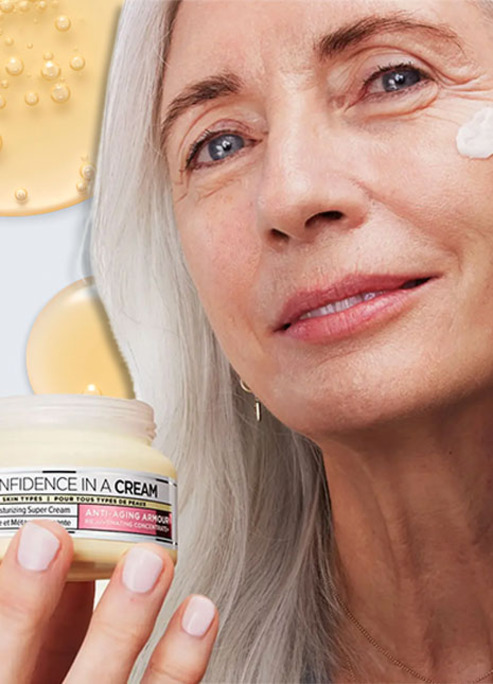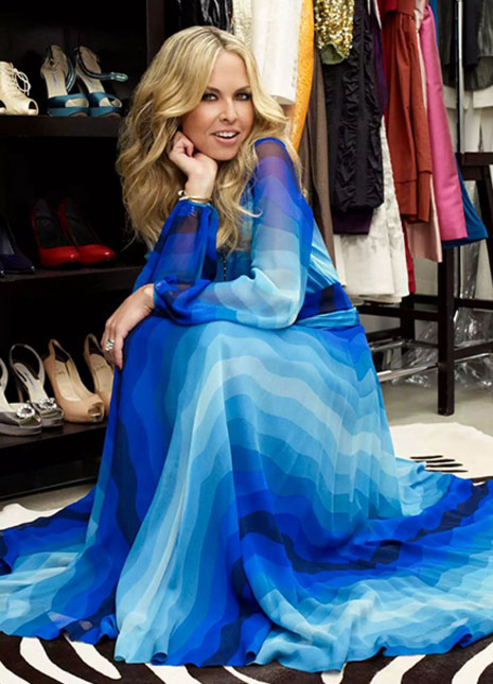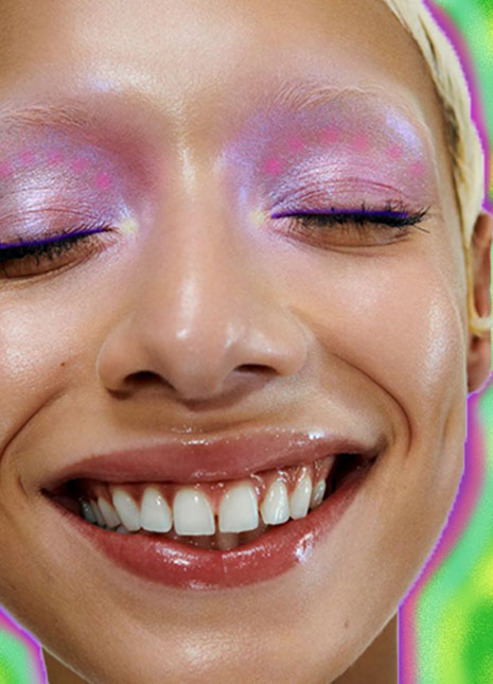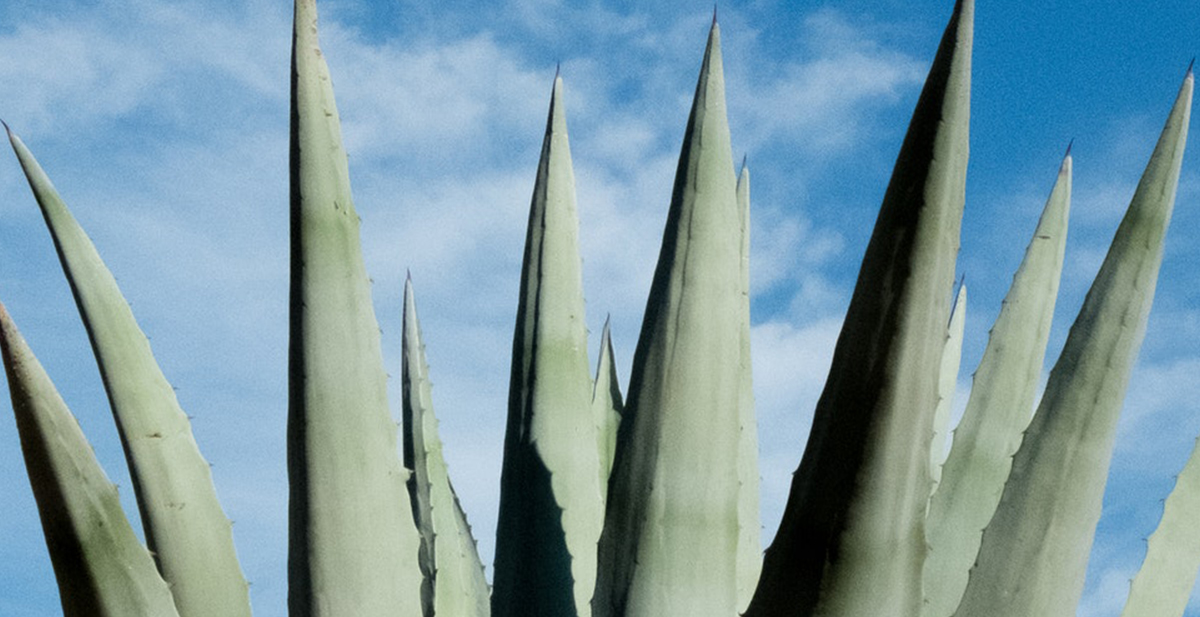
6 Reasons You Need To Add Aloe Vera To Your Beauty Regime
Aloe beautiful.
Aloe vera, in its usefulness, is right up there with that loyal classmate whose homework you used to copy at school. Got acne? Aloe's all over it. Sunburn? Aloe will extinguish the crap out of that fire. Wrinkles? Bit more of a challenge, but aloe will see what she can do. There are no doubts about the fact that aloe vera helps heal many skin conditions. For example, you can use aloe vera for acne, helping to reduce the inflamed bumps that may cause you to feel insecure. With all the benefits that aloe vera can bring, you will see that your skin will get better within weeks of applying it during your daily routine
This wondrous plant has been prized as a healing herbal remedy since ancient times, both ingested for nourishment and healing, and used topically for the skin, hair and more. And look, the ancients – just like your slightly less ancient nana – really knew their shit when it comes to plants. Fast forward to 2018 and a bathroom cabinet overflowing with plastic jars, filled with just-as-plastic chemicals, and that spiky green plant could just be the au naturel multi-purpose solution you've been praying for.
Before we get into aloe's many uses, you might wanna check out how to correctly identify the plant and harvest its gel. You don't want to end up like the infamous blogger who accidentally poisoned herself when she bit right into the wrong plant on camera. Of course, if you're lazy, you could always just opt for some amazing aloe-rich products.
Soothe sunburn
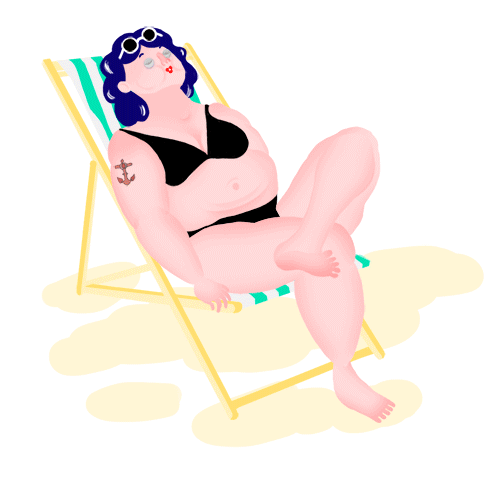
Everyone knows that aloe is the bomb when it comes to relieving sunburn, providing a natural cooling sensation to the skin. It has also long been believed that its anti-inflammatory, anti-oxidant and moisturizing properties can speed the sunburn healing process – although the jury's still out on the science.
Accelerate wound healing

Got any cuts, burns or other wounds? According to this review of four experimental studies, aloe vera could speed up the healing time of first or second degree burns by almost nine days when compared to the control groups. Impressive. This may be due to aloe's cell-regenerating properties, as discussed in this journal article.
Moisturize
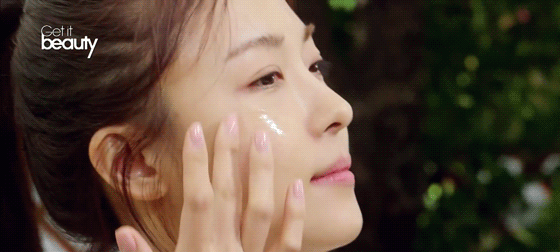
If your skin's on the oily side, aloe vera might just be the non-greasy, non-pore-clogging moisturizer you've been searching your whole life for. This study showed that it is naturally effective for improving skin hydration, and therefore also a great complement to cosmetic formulations for dry skin. We wouldn't recommend those with dry skin to use it without an additional moisturizer, however, as although it can deliver moisture, it's not so great at retaining that moisture by itself.
The Saturday Skin Quench Intense Hydration Mask or the Kiehls Calendula & Aloe Soothing Hydration Mask, both with aloe extract, are a great option. Or try this 100 percent natural Captain Blankenship Organic Rose & Pomegranate Face Oil.
Fight Aging

This study showed that taking aloe vera supplements “significantly improves wrinkles and elasticity in photoaged human skin” while increasing collagen production and decreasing the degradation of collagen. It is also rich in anti-aging vitamins C and E, as well as beta carotene (a precursor to vitamin A).
When applied topically, its anti-inflammatory, antimicrobial and skin-regenerating properties can lighten blemishes to give a younger and fresher look to the face.
This rather appealing-sounding Odacité Aloe + Immortelle Hydra-Repair Treatment Mist has received five-star reviews for its plumping, anti-aging effects.
Treat acne and skin conditions
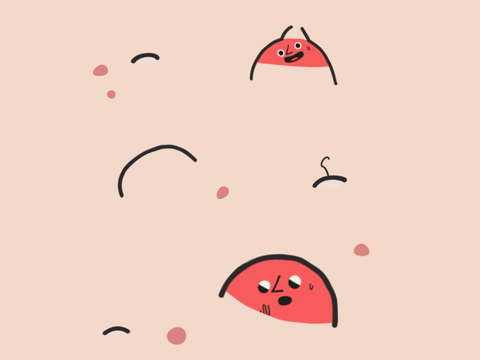
If you're struggling with spots and acne, you might want to give aloe a go. Not only is it naturally antibacterial, anti-inflammatory and antiseptic, but as an astringent, it reduces pore size to help keep out excess sebum, dirt and microbes. Additionally, the gibberellins and polysaccharides in aloe vera stimulate the growth of new cells, which is great for healing scars and blemishes. For all of the reasons above, those with psoriasis and eczema could also benefit from applying it.
It's worth noting, however, that everyone's skin is different; just because aloe works wonders on one person, does not necessarily mean it will for everyone. There have been some reports of aloe vera actually causing breakouts. As with the introduction of any new product to your regime, keep a close eye on your skin and stop using it if you experience any negative effects.
For an acne-loving product that's loved by reviewers too, check out the Benton Aloe Propolis Soothing Gel, which promises to moisturize, fade scarring and brighten skin.
Promote a healthier scalp and longer, softer hair

Everyone knows that for healthier, longer hair, the scalp is where it's at – where else did you think you were going to get your new hair from? Like a good massage, aloe vera stimulates blood circulation at the scalp to help activate growth. It also contains proteolytic enzymes to repair dead skin cells, delivers important vitamins and minerals, and works as a great conditioner.
If you don't believe us, listen to an expert. “Keratin, the primary protein of hair, consists of amino acids, oxygen, carbon, and small amounts of hydrogen, nitrogen, and sulphur,” says Diane Gage, author of Aloe Vera: Nature's Soothing Healer. “Aloe vera has a chemical make up similar to that of keratin and it rejuvenates the hair with its own nutrients, giving it more elasticity and preventing breakage.”
Aloe vera can help bust the dandruff too, an effective treatment for all the various causes of the condition – be it dry skin, fungal infections, irritation or oily skin.
If you'd rather not have the hassle of harvesting fresh aloe gel, the Less Is More Aloe Mint Volume Shampoo is a refreshing alternative.
Next up, how to wash your face the PROPER way.



